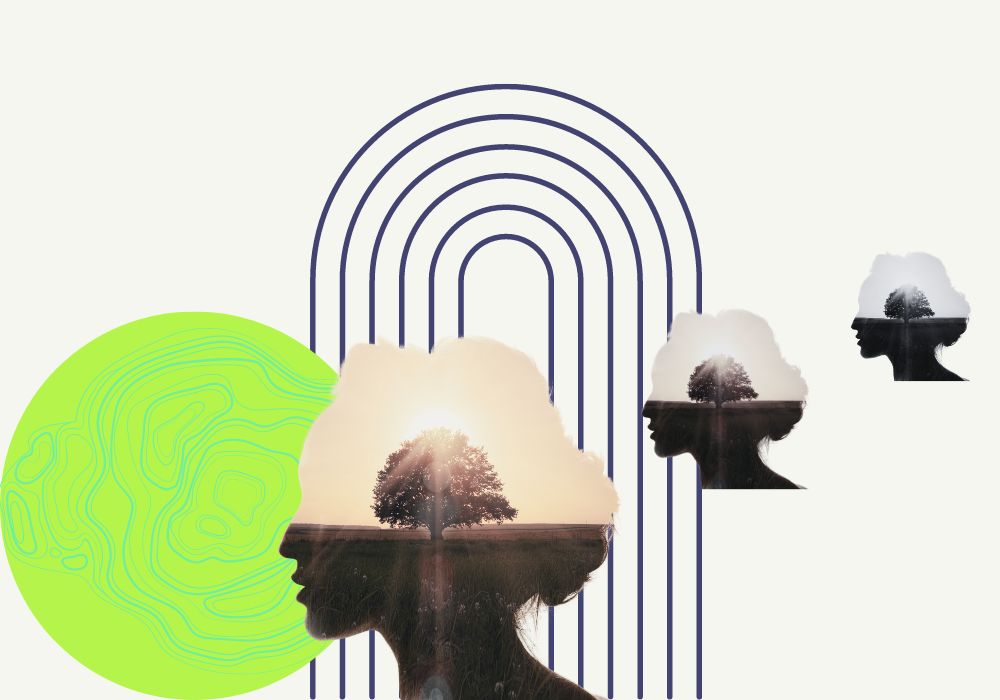‘Tis the season to make your 2023 resolutions for a healthier new year. Many take this opportunity to evaluate their habits, including drinking. Consider a Dry January challenge to cut down on or abstain from alcohol for a month. Though an alcoholic drink may feel like it “takes the edge off,” alcohol is a natural depressant that can increase anxiety, depression, and stress.
Changing a habit can be difficult, especially one that has become a social scene fixture.
It helps to have a plan in place. Here are a few techniques to reduce or eliminate alcohol consumption.
- Keep your eyes on the prize.
Be clear about your goals. Set yourself up for success by downloading an app or using a good old-fashioned spreadsheet to track your progress. Write down why you want to quit or slow down. Keep this “north star” in a place you can often see, like your phone or in your wallet. Refer to this when you are tempted. - Share with others.
Tell your friends and family about your goal for additional support. You may be surprised that others are interested in joining you on this journey. Group accountability increases the likelihood you will stick to your goal. - Replace drinking with a new healthy habit.
People, places, or events may encourage you to drink. Identify these triggers and replace your response with a new, healthy habit. For example, can you do a mindfulness exercise or stretch with a few yoga poses instead of having a cocktail after a bad day at work? - Substitute a non-alcoholic beverage.
Alcohol-free drinks is a trend that has been sweeping the country. The 2022 Bacardi Cocktail Trends Report showed that 58% of global drinkers are choosing more non-alcoholic or low-alcohol beverages. Try purchasing non-alcoholic beer, wine, and cocktails to substitute for your drink favorites.
Alcohol is not a good mixer with your mental health. Choosing to cut back or stop drinking takes courage and support. Using these resources can help as you cut back on alcohol or decide to eliminate it.
